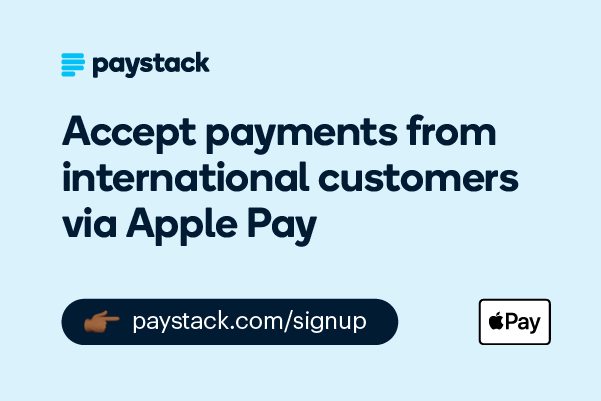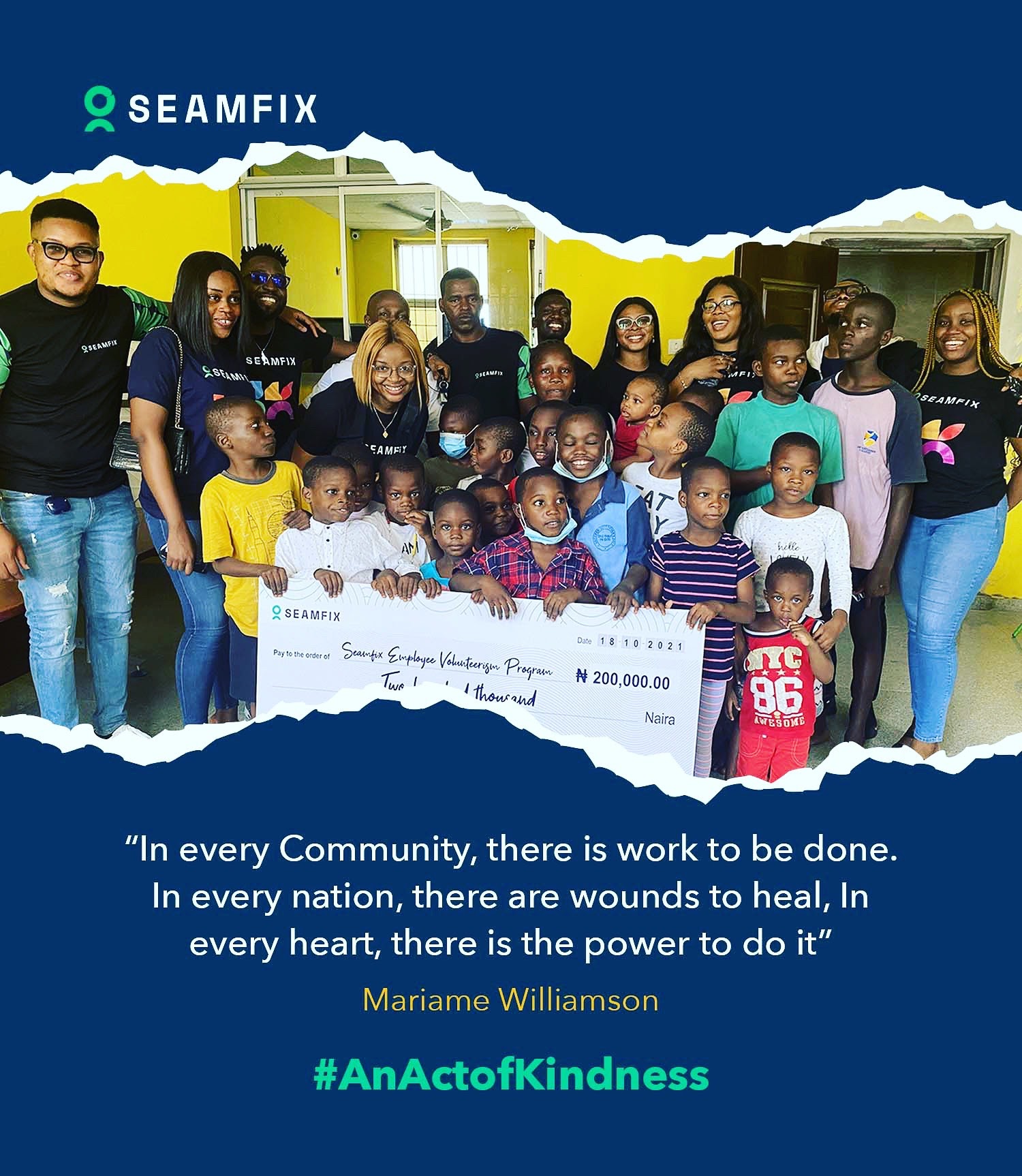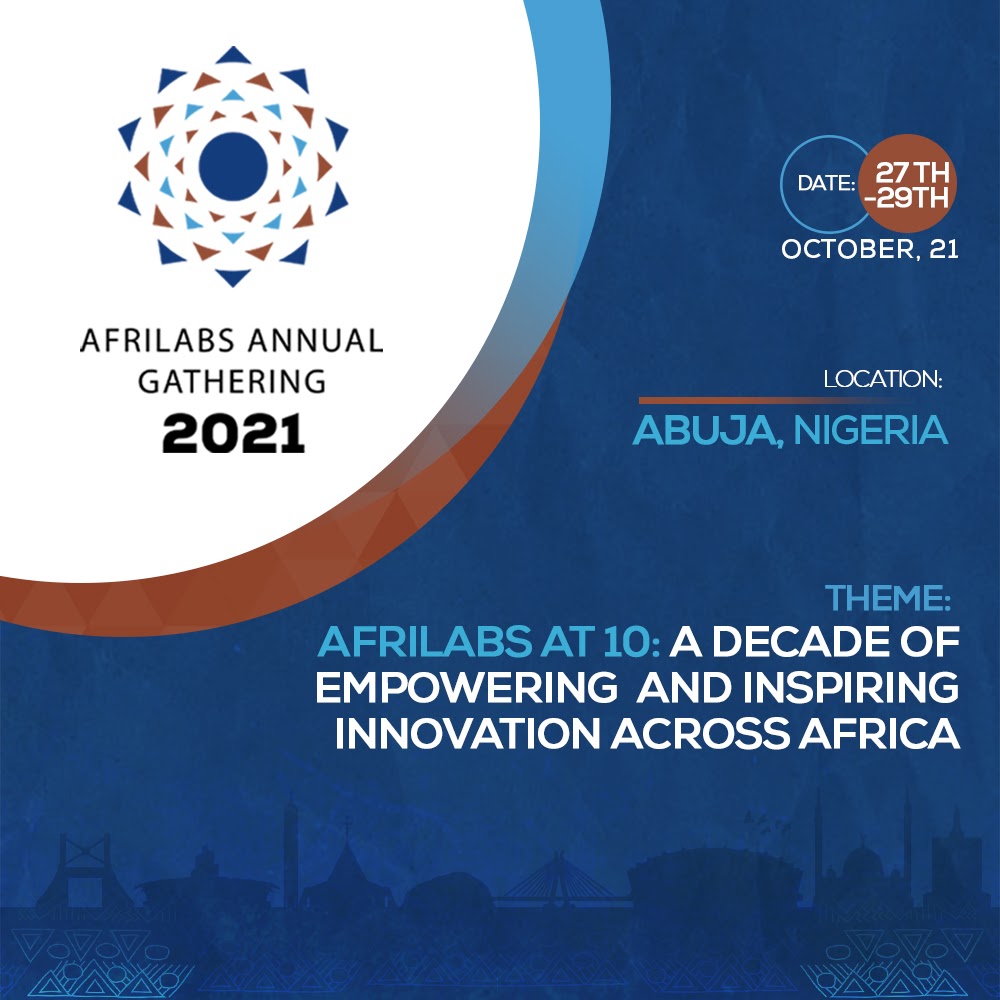
IN PARTNERSHIP WITH



Good morning ☀️ ️
Yesterday, Paypal cleared the air by saying it’s not interested in acquiring Pinterest, responding to reports that it was in talks to buy the social media service for as much as $45 billion. .
The Pinterest deal would have been the biggest acquisition of a social media company at the reported price, far surpassing Microsoft’s $26.2 billion purchase of LinkedIn in 2016.
In today’s edition
- Kao: Helping Kenyans make better money moves
- Stuttering and tech
- Rwandan AfroNauts
- iPod’s 20th anniversary
Helping Kenyans make better money moves

For most employees around the world, it’s salary week. A time when I hear more people say the popular Nigerian proverb, “Problem no dey finish; try to dey enjoy life.” This translates to “There’s no end to life’s challenges; enjoy life while you can.”
It’s a helpful reminder to spend money on yourself and the things you love. But, as always, some people will take this advice too far and end up being broke by next week.
It’s for this reason, among others, that digital savings platforms like Koa exist. They’re there to nudge people to save some money for the rainy day. They remind these people of Julia Carney’s immortal lines from her poem, “Little Things”: “Little drops of water make the mighty ocean.”
Koa?
The story of Koa can be traced back to MEST Africa, the first place Delila Kidanu and Alexis Roman, the two co-founders, met and worked. After leaving MEST Africa, the duo forayed into different businesses but kept in touch and would always meet up whenever they were in the same city. Fast forward to December 2020, they founded Koa with Bubunyo Nyavor, their old colleague from MEST. The platform went into beta in April and was launched to the public in June.“We spent a lot of time in Ghana, Nigeria and Kenya. Both Delila and I saw the popularity of digital saving products in Nigeria, like PiggyVest and Cowrywise, and how they were serving a real need for customers. But when we looked beyond Nigeria as a market, we felt like there was a significant gap in other countries,” Koa’s CEO Roman told TechCabal.
So they decided to focus on Kenya because despite being the third-largest economy in sub-Saharan Africa and East Africa’s financial and commercial hub, Kenya has a savings rate of 12%, the lowest in East Africa—way below Africa’s average of 17%.
How’s Koa doing?
Koa is playing in a tough market and so is investing heavily in educational content that exposes its users to the importance of savings, especially in creating generational wealth. So far, according to Kidanu, the platform already has 6,000 users and has received a deposit of 8,314,500 KES ($75,000) since its launch. .
In this article, Damilare (or Big man Damilare, as I often call him), looks under the hood of Kenyan fintech platform, Kao, which is helping Kenyans save and make more money while at it.
Accept international payments from your customers in the USA, UK, Canada, and 60+ countries using Pay with Apple Pay.
👉 Create a free Paystack account to get started.
This is partner content.
LET-T ME-E FINISH

“Growing up, my parents never completed my sentences; they were always patient enough for me to get my words out. But in my experience as an adult, people try to finish my sentences or, as they think they’re doing, help me out. It’s unfair to do this because you’re more or less saying ‘I’m helping you because you’re incapable of doing this on your own’, and that’s not true. All that’s required of listeners is a bit of patience.” .
That’s Charles Isidi, one of the 1% of the world’s population who suffer from stuttering (or stammering), a speech disorder that breaks up a speaker’s flow of speech.
Last week Friday, October 22, was International Stuttering Awareness Day a day set aside to highlight how certain aspects of society can be difficult for people who stutter and debunk myths that people who stutter are nervous or less intelligent. Notably, it was also a reminder that there’s a tech solution for many physical impediments but none that cures stuttering.
The Myths: In South Africa, stuttering is believed to result from leaving a baby out in the rain, failing to inform ancestors of imminent childbirth, emotional trauma, and tickling a baby too much—among other causes.
If you find these hilarious, you should hear the remedies: eating a fruit pecked by a bird, maintaining “correct posture” or standing in front of a mirror and speaking to oneself.
The Solution: Stuttering has no known cure, and the best technology can currently do is what therapy does: treat or manage the condition like other speech defects. There are mobile applications like Balbus Speech, Smarty Ears, and Stamurai which help people with stuttering.
People can get the most out of treatment if they address stuttering early enough, preferably as children. Treatment at any age seeks to improve speech fluency while simultaneously building the stutterer’s confidence, thus helping them participate in school, work, and social settings.
Dig Deeper: Technology Is Awesome, But It’s Yet To Conquer Stuttering.
Employees of Seamfix Launch #AnActofKindness Initiative to put Smiles on the Faces of Orphaned Children.
Seamfix clocks 14 years in business and to celebrate this great milestone, her employees visit the Vigilant Heart Orphanage where they donate towards the well-being of the children.
This is partner content.
RWANDAN AFRONAUTS

Rwanda, the “land of 1,000 hills” is laying the foundation to become a hub for Africa’s space industry.
Last Tuesday, the Rwandan Space Agency (RSA) announced that it has filed a request for two satellite constellations from the International Telecommunication Union (ITU). The two constellations total around 327,320 satellites. Once acquired, they will join RwaSat-1, the nation’s first satellite, launched in 2019.
No space no case
Africa’s space industry budget has seen a 94% increase since 2018.That’s because the space industry is profitable and increasingly essential! (We’re looking at you, Elon Musk!) But seriously! Each year, nations that are not equipped with their own satellites spend millions of dollars purchasing satellite imaging services from those that are. Satellite imaging allows governments to track things like extreme weather and locust swarms, which will become more important as nations experience the ripple effects of climate change.
Infinity & Beyond : But, Rwanda isn’t the only African country going to stars. A total of 13 African countries already have satellites up and running. Ten, including Burkina Faso, Djibouti Zambia, are working to launch their first.
1 day to the largest convention of brilliant African innovation hub leaders and ecosystem builders – AfriLabs Annual Gathering holding on the 27th – 29th of October in Abuja, Nigeria.
Register for the AfriLabs Annual Gathering here.
This is partner content.
iPod’s 20th anniversary

Twenty years ago, Apple CEO Steve Jobs stood on a stage announcing a new type of music player that could fit a thousand songs in your pocket.
He asked the audience a question that resonated with them: “How many times have you gone on the road with a CD player only to realize that you didn’t bring the CD you wanted to listen to?”
Well, I’m glad those days are over.
In celebration of the 20th anniversary of the iPod, let’s look back at its journey.
The inspiration: The iPod was created because Apple couldn’t find any hardware device that took advantage of the applications it created.
“Sometime last year we thought to ourselves, there’s never been a device built to take advantage of all the intelligence built into these apps running on a Mac,” Jobs said in 2001.
So the team built a device the size of a deck of cards, thanks to an ultra-thin 5GB hard drive and slim battery that could last 10 hours. In addition, a new type of file transfer/power cord was introduced: the FireWire. It could transfer 1,000 songs from a computer to an ipod within 10 mins. The existing alternative, the USB cable, took 5 hours back then to do the same thing.
Mac-only first: When the iPod was introduced, it could only work on Apple computers, a move that could have killed it. But less than a year later, Apple opened it up to the other 98% of computer users by introducing a Windows-compatible model in the summer of 2002.
Shortly after that, Apple completely redesigned the iPod and released a new version of iTunes for Windows. At the same time, it launched the iTunes Music Store, making it a lot easier to get legal music onto an iPod. With that, the iPod moved fully into the mainstream.
The decline: As smartphones and other alternatives came into the market, the need for the iPod waned. Well, Apple saw that and in 2007 released the iPhone. Most users of the iPod moved on to the iPhone.
It ended up still being a win for Apple, as Steve Jobs explained: “If anybody is going to cannibalise us, I want it to be us. I don’t want it to be a competitor.”
Feed your nostalgia: Watch Steve Jobs introducing the iPod in 2001
What else we’re reading
- Here’s how Amazon runs Alexa.
- Companies to watch in emerging markets..


























